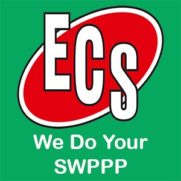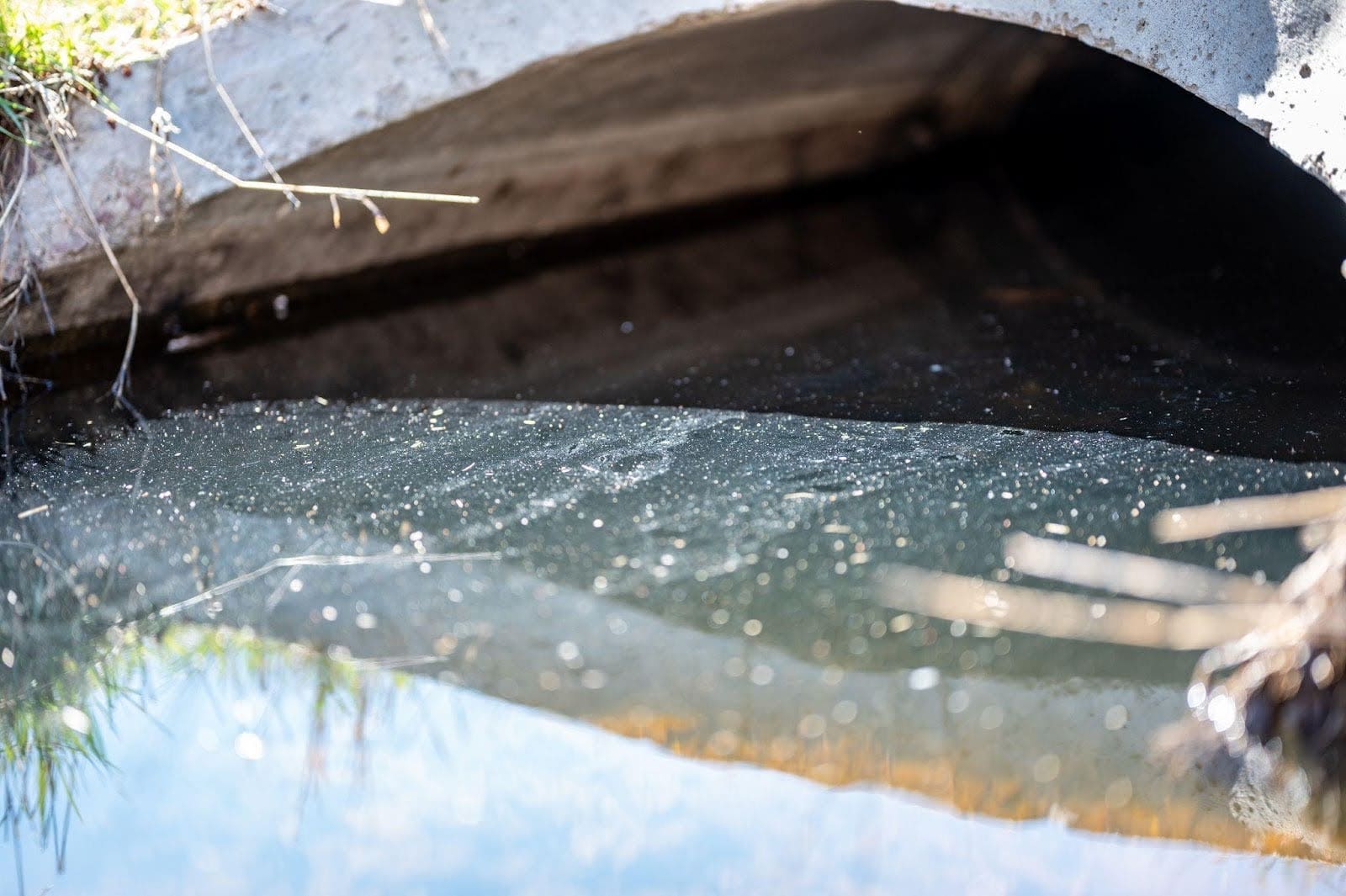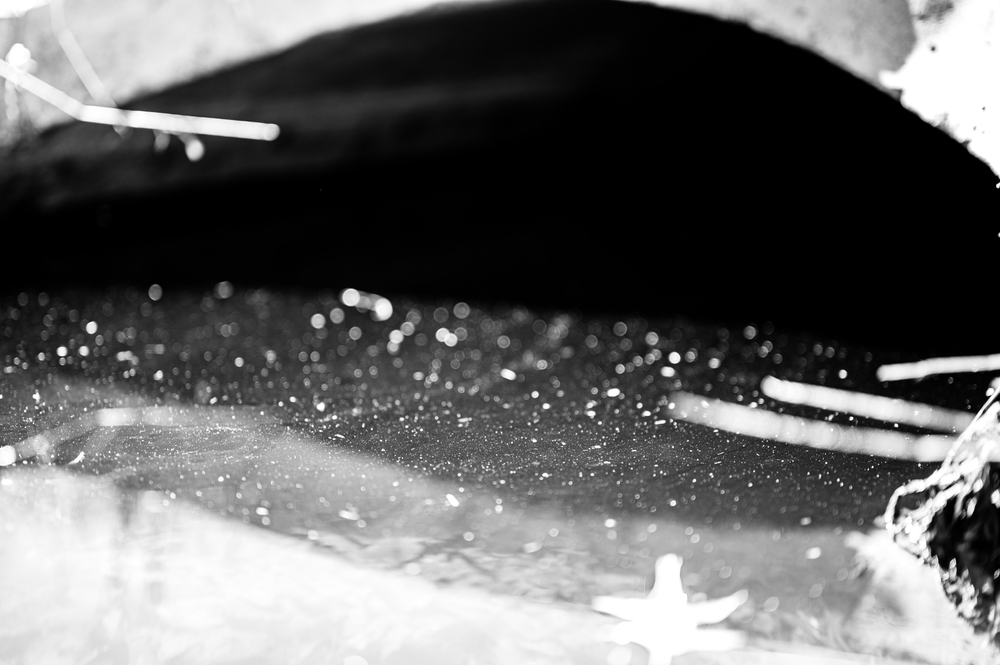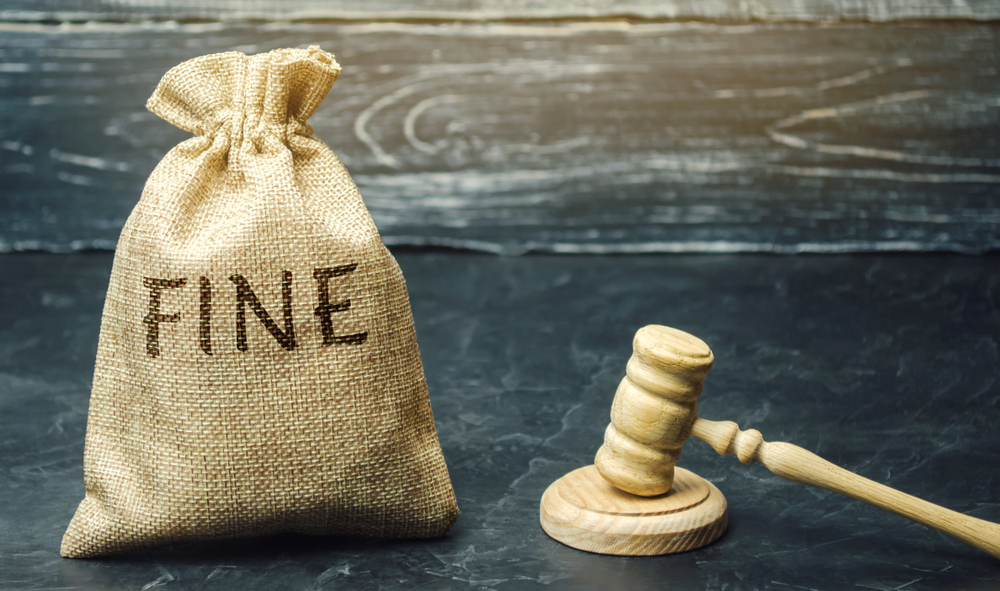Staying in compliance with SWPPP regulations is critical for construction companies and developers in Utah and across the United States. Stormwater Pollution Prevention Plans protect the environment, and the rules — both federal and state — are fairly stringent. When you work with Erosion Control Services, you can feel at ease. We are staffed with Registered Stormwater Inspectors (RSI), Registered SWPPP Writers (RSW), Registered SWPPP Reviewers (RSR), Dewatering Specialist, Long-term Specialist, and BMP Installers. Our RSWs and RSRs will make sure that your SWPPP book and NOIs are completed and processed through the MS4s. Our RSIs are onsite bi-weekly doing inspections, informing you of what needs to be corrected to be compliant with the MS4s and the State. Our BMP Installers will ensure that your job is protected with the BMPs that are required.
What Do Stormwater Inspectors Check?
All registered stormwater inspectors have requirements they need to follow. Beyond this, our inspectors might give you advice about other non-urgent issues they see while they are onsite at your job.
Your SWPPP — which we can help you complete — will detail what will be included in the inspection process before the job starts. That’s because you will need to complete a SWPPP to get your stormwater construction general permit.
Your SWPPP will include the name(s) of the employee responsible for making sure all workers are following the rules regarding SWPPP. Our inspectors will meet with that individual bi-weekly to tour the site.
Among the areas we look at are entrance and exit points. Trucks and other equipment should be cleaned before leaving the site to avoid tracking mud, dirt and other contaminants into the street. We also may check the streets around the site to see if there is significant dust buildup necessitating street sweeping.
Additionally, we look at your company’s efforts to contain runoff and possible pollution of area waterways. This may include erosion control blankets and silt fences and barriers around storm drains. Although all necessary measures to control runoff should be employed, it is the responsibility of your SWPPP compliance person to ensure precautions are being taken to control pollution.
These include putting trash in covered containers and guarding against spills of hazardous substances such as paint or oil.
Erosion Control Services Helps with SWPPP
The process of creating, filing and maintaining a SWPPP can be overwhelming for many construction companies. After all, your area of expertise is building, not the SWPPP. Luckily, that is our area of expertise, and we are here to help you. Call or email Erosion Control Services when you need help with your SWPPP, a registered stormwater inspector or any of our other services.



